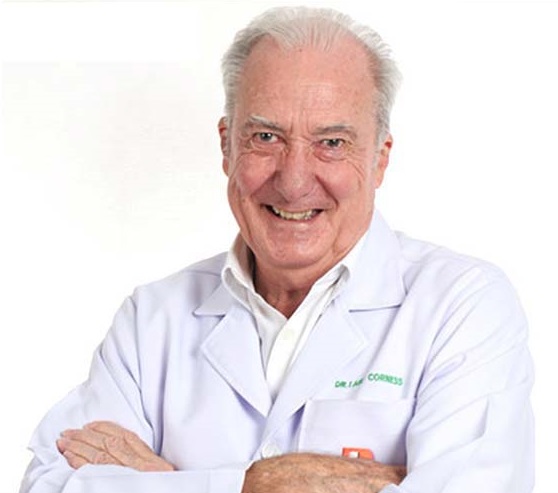

Are check-ups really of much value? After all, we are all going to die one day – even me, though having been told you can’t take it with you, I have decided I’m not going!
However, as we get older, there are many physical changes that occur. I was reminded of this by one of the wags at the informal Gentlemen’s Club I attend some Saturday mornings, who said, “You know you’re getting old when someone compliments you on your alligator shoes – and you’re barefoot!”
Yes, as your body’s skin gets older, it starts to show it. It becomes less elastic, folds start to form everywhere, it gets thinner and tears easily, and small bruises form just below the top layer. Women try and counteract this aging process with all kinds of creams, but quite frankly, I think they are wasting their (husbands?) money. You can rub ‘moisturizing’ cream into the skin as much as you like, it will remain impervious to water (otherwise you would get waterlogged having a shower, wouldn’t you).
Unfortunately, as we get older, this body of ours tends to become a very high maintenance item. Unless we have medically planned for our future, we (that’s you), will find that it becomes an expensive item.
Take for example, your weight. Eating is fun and pleasurable, but too much of the good thing and you become overweight. When you are 30 or 40 you can joke about the beer belly, but when you are 50 and 60 and you have become diabetic and your arteries are blocked, you are in for some expensive medications for the rest of your life, some life saving cardiac surgery and you may even need to have your lower leg amputated, so throw in the price of a wheelchair into the final package.
Another item that we watch changing as we get older is our blood pressure. The old adage used to be that your blood pressure should be your own age plus 100. Like many old adages, that was total nonsense too. A 60 year old man should not ignore a BP (systolic) of 160. The cardiologists and the kidney specialists will tell you that you should maintain your BP at around 125/70 for all your life if you don’t want to have cardiac and renal problems as you get on in years.
One other aging factor that we should look out for is cancer. We know the majority of cancers develop as we get older. Should you wait for them to come, and then try to stop the progression? Stopping the cancer with expensive surgery and even more expensive chemotherapy, or stop putting ourselves ‘at risk’ in our younger years? This ‘at risk’ behavior means smoking, of course. Not just for lung cancer, but for all cancers. The expensive habit of a lifetime becomes a very expensive end of your lifetime. Why do it? It makes no sense at all. There is no ‘justification’, I’m sorry.
Unfortunately, our bodies are very much like our cars. If you look after your transport, have it regularly serviced, replace the bits that are wearing out before they totally fail and then damage the rest of the car, then your vehicle will last for many years and give very close to ‘as new’ performance for as long as you keep it. The costs involved in that preventive maintenance are very low compared to having to replace major parts.
Using that analogy on your body, if you look after it, it can also give you good service. Preventive maintenance by having regular check-ups makes sense. Look for the warning signs and correct the problems. You can even screen for ‘cancer markers’ such as alpha-Fetoprotein (AFP), Carcinoembryonic antigen (CEA), Prostate specific antigen (PSA), Pap smears and colonoscopies. If you are a young woman you can even immunize against Human Papilloma Virus.
 |
 |
 |





